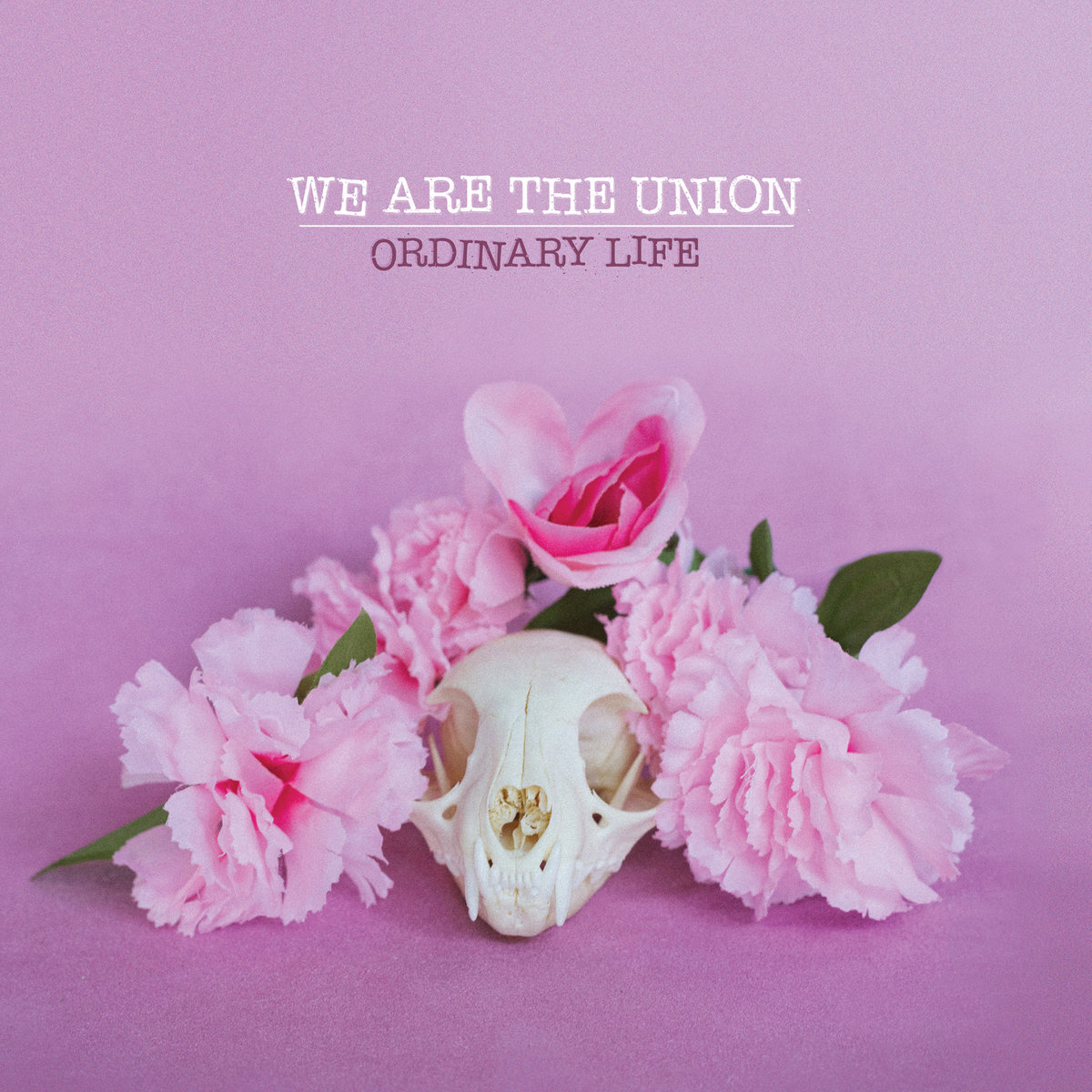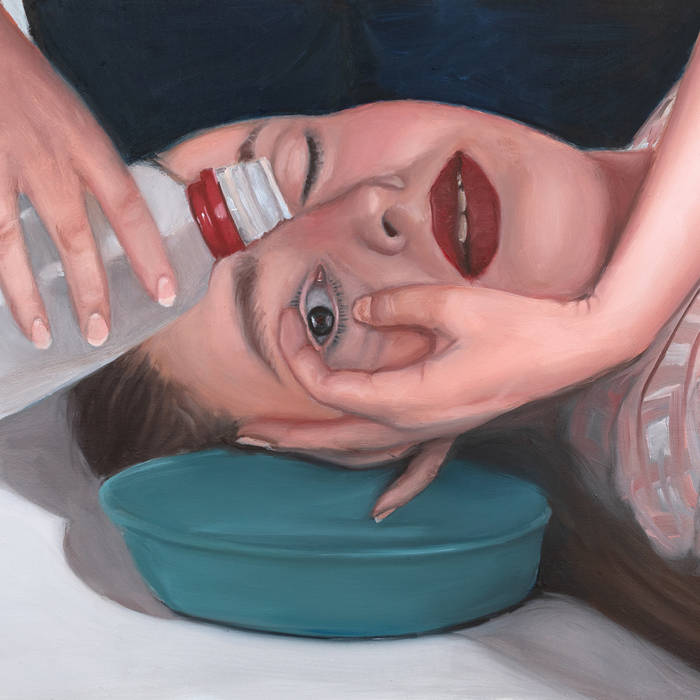Celebration Guns – The Visiting Years | EP Premiere
/As you may have heard, pop-punk is having a post-pandemic revival, and 5th wave emo is in full swing. Arizona indie rockers Celebration Guns are doing more than just riding the wave. They’ve been pumping out catchy, hook-heavy, Midwest Emo-adjacent bangers since the mid-2010s, and their latest project with Chillwavve Records is no exception. The Visiting Years sees them seamlessly interweaving poppy melodies, charmingly fuzzy production, and math-y guitar riffs that’ll draw in fans of American Football and Foxing. This is all paired with gang vocals that practically beg to be screamed along to at post-vax shows. Lyrically, these songs are anthemic and emotionally resonant, without taking themselves too seriously.
Celebration Guns are occasionally anthemic to a fault. On “The Tools That Take From Us,” they run into a problem similar to the one that kneecapped the most recent IDLES album, where it becomes a bit too obvious that they’re trying to write a capital-P Protest Song about these troubling and uncertain times we’re living in. A cringe-inducing line like “I can’t wait to hear how I’ve been dumb/A snowflake and liberal to some” cheapens an otherwise thoughtful track about a generation’s frustration with the policymakers who’ve failed them. The COVID-19 pandemic had artists brimming with “now more than ever” energy-- often well-meaning but misplaced --and Celebration Guns are not immune to these moments of heavy-handedness. This isn’t to say that the concerns they’re expressing become devoid of their power, but their unsubtle wink and nod swiftly derails the song, making its youthful urgency seem cloying and juvenile.
However, it’s not as though this borderline immaturity never works in their favor-- quite the contrary. With its driving drum beat and fun pop-punk hooks, “Obnoxious. Loud. Undoubtedly Fulfilled” stands out as a sweet and rowdy ode to finding your niche both creatively and socially. It begins with a lament about being “picked last by people that you don’t like for a game you never cared to play” and leads us to a misfit utopia where the things that make us feel ostracized are the same things that allow us to find community and artistic fulfillment. It’s a song that speaks to the deeply relatable experience of the reluctant outcast who feigns disinterest in fitting in because there’s nothing less cool than trying to be cool and failing. Like Michelle Zauner of Japanese Breakfast expressed in a recent installment of her music video breakdown series, “there’s this kind of fear that you want to fit in, you just don’t...it’s just [about] finding something of your own that makes not fitting in worthwhile.” In a similar vein, the song’s narrator recognizes that he isn’t above caring what the cool kids think of him and admits that at times he’s been “desperate to say that he’s better than them.” It’s vulnerable, multi-faceted storytelling like this that makes Celebration Guns’ music so human and so welcoming, as if they’re inviting you to join them “up on the hill” with all the other freaks and weirdos. We get to follow our gang of misfits on their journey to the place where they can revel in their uncoolness and recognize their outcast status as an integral part of their triumph. On a more meta level, lines like “I never thought I’d see acceptance for who I could be/I never got to say thank you for who I am today” come off as a group of bandmates expressing their gratitude to and for each other. The result is heartwarming without becoming overly precious.
Celebration Guns’ optimism is not without its obstacles. The EP’s title track has lead vocalist Justin Weir opening up about his experiences with chronic illness and suicidal ideation. The recurring themes of survival and perseverance coexist with-- and are necessitated by --circumstances that make living feel like an impossible thing to do. “I’m tired of telling lies so you won’t worry about me,” he sings, clinging to his ability to stay alive in a body that’s trying to destroy itself and a world that’s falling apart. The song’s emotional climax comes when he addresses the listener directly-- “if you’re hearing this, I’m still alive.” It’s a duality that’s present throughout the project-- the bitterness of adversity and the sweetness of survival are intertwined, a reminder that sometimes survival is a victory in and of itself. The Visiting Years is a life-affirming project that boldly follows its bittersweet heart. The result is obnoxious, loud, and undoubtedly fulfilling.
The Visiting Years is out July 30th on Chillwavve Records.
Grace Robins-Somerville is a writer from Brooklyn, New York. You can find her on Instagram @grace_roso and on Twitter @grace_roso.










